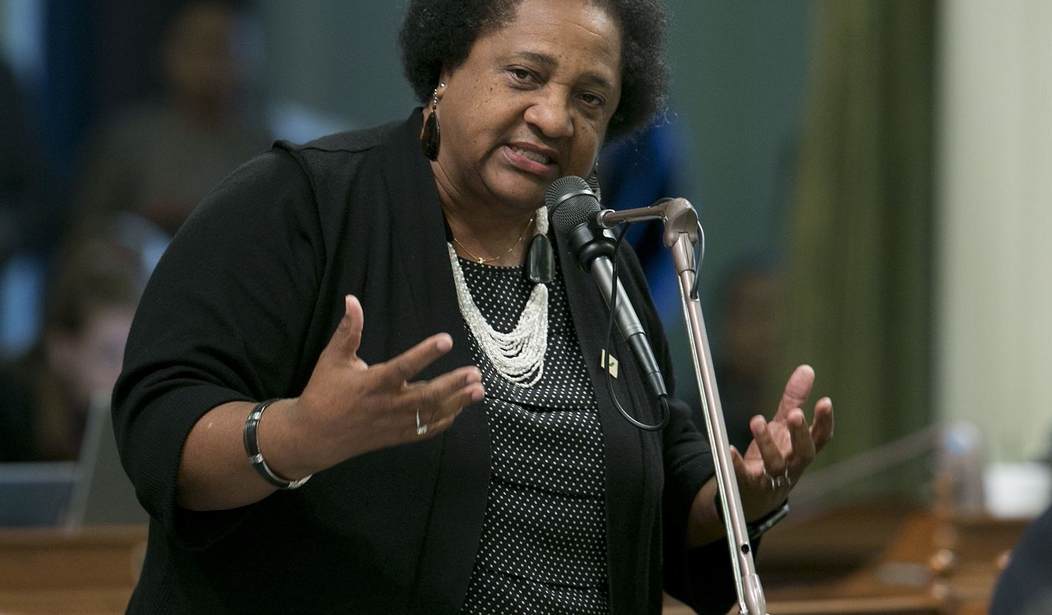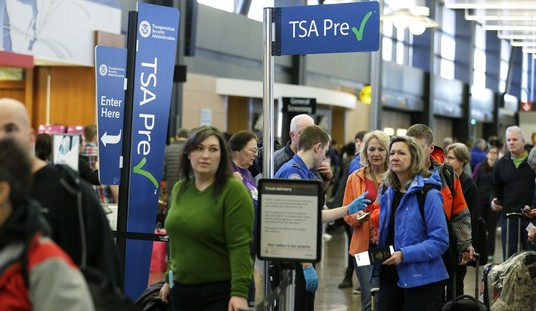Remember when California's legislature and Governor Gavin Newsom passed a plan to look into reparations for the state's black residents? Well, things aren't going so well for the panel that was established to look into the proposal and develop recommendations and a plan as they now confront the question of who will be eligible for benefits that may be offered as reparations.
Vespa covered the situation back when Newsom was fighting for his job amid a recall election and he conveniently used that time as the opportunity to emphasize his work to create "a more equitable and inclusive future for all" by pursuing a plan for reparations. As Townhall also noted at the time the task force was being established, California was always a free state for African Americans.
Nevertheless, California's reparations task force has pressed ahead with its discussions and planning, but they've hit a rough patch as they face determining who should receive benefits under a potential reparations law. While highlighting the flaws with calling for reparations, the situation is leaving "members divided" on who should be able to get what. The law that created the task force directed the group to give priority to descendants of African Americans who were enslaved in the United States, but there are now concerns such a plan would be too exclusionary.
Some argue that all black Californians, including immigrants or descendants of slaves from other countries ought to be eligible due to what they point to as "systemic" racism, but such ideas have angered others who say such a plan would leave U.S. descendants of slaves with "mere pennies."
Recommended
Predictably, the group of woke social justice-conscious individuals who make up the task force are stuck making a decision that will be sure to anger anyone deemed ineligible. But with the task force set to vote on who should receive reparations as soon as Tuesday after previously delaying decisions on eligibility, things are heating up (via AP):
Some members want to limit financial and other compensation to descendants of enslaved people while others say that all Black people in the U.S., regardless of lineage, suffer from systemic racism in housing, education and employment.
[...]
The committee is not even a year into its two-year process and there is no compensation plan of any kind on the table. But there is broad agreement among advocates of the need for multi-faceted remedies for related yet separate harms, such as slavery, Jim Crow laws, mass incarceration and redevelopment that resulted in displacement of Black communities.
Compensation could include free college, assistance buying homes and launching businesses, and grants to churches and community organizations, advocates say.
[...]
Nkechi Taifa, director of the Reparation Education Project, is among longtime advocates who are thrilled the discussion has gone mainstream. But she’s baffled by the idea of limiting reparations to people who can show lineage when ancestry is not easy to document and slave owners frequently moved people among plantations in the U.S., the Caribbean and South America.
As the infighting and debate continues over who deserves reparations, it's clear California's task force is in no rush to finalize its plans. According to the law creating the task force, the deadline for a proposal from the group is due in July 2023, at which point it will be up to the state legislature to consider turning those recommendations into law.

























Join the conversation as a VIP Member